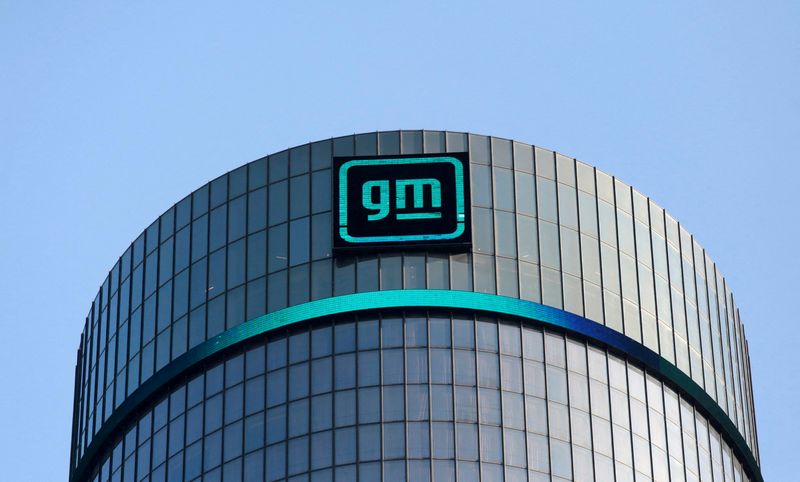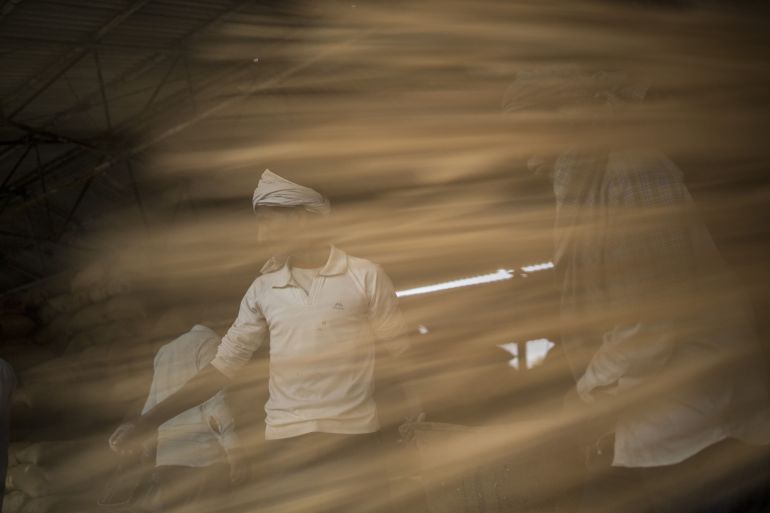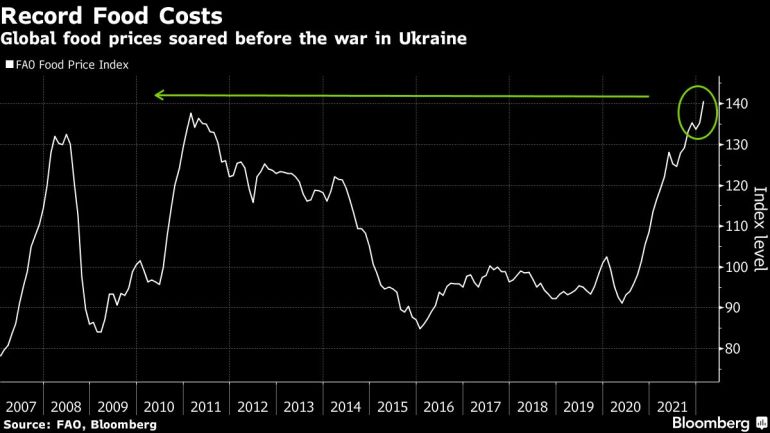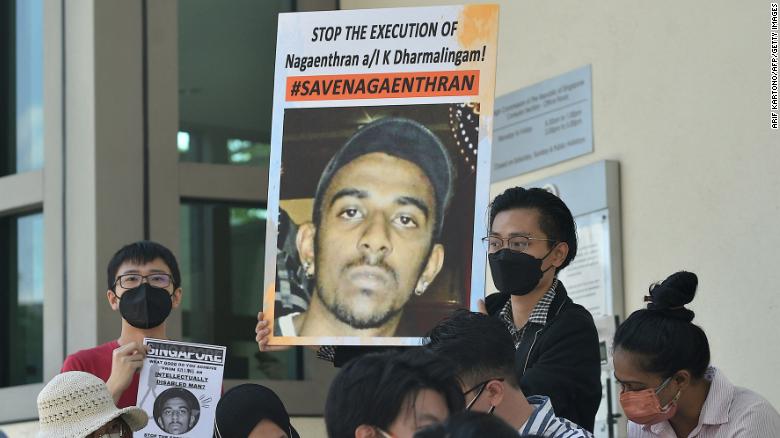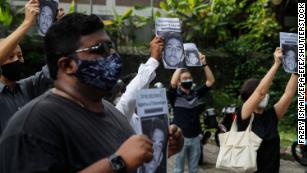In Jamaica last week, Prince William trotted out the same tired platitudes the UK has parroted for years. Now it’s time to pay
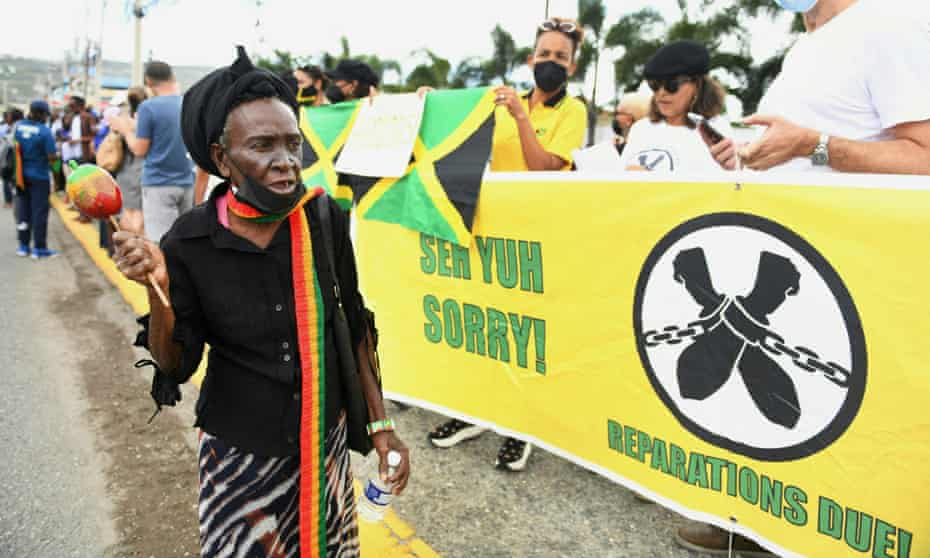
Global development is supported by

Tue 29 Mar 2022
When Jamaica’s prime minister, Andrew Holness, announced to Prince William last week that Jamaica was “moving on”, the irony of his statement was lost on most. Visiting the country in 2015, Britain’s then PM, David Cameron, told Jamaican politicians making the case for reparations to “move on”.
Republican ideology has been given renewed energy since 2021 when Barbados, led by Mia Mottley, became the latest Caribbean island to remove the Queen as head of state, replacing her with a female president.
Mottley had strongly opined that the Caribbean had won political independence but was denied any developmental compact. Outlining the strides the Caribbean had made in reversing legal inequalities, she made the case that only reparations could help tackle the psychological, sociological and economic inequalities that still exist within Caribbean countries and between them and their former colonisers.
Reparation seems a dirty word whenever Caribbean leaders utter it, and talks have taken on a farcical narrative. In 1834, reparations of over £20m were paid, not to the slaves but to the plantation owners, in compensation for their loss of free labour after emancipation.
Talks over the last 60 years or so, since independence began, have offered no cause for celebration. Britain has been remorseful in words but not emphatic in action. In August 2020, the UK government’s response was: “The UK deplores the human suffering caused by slavery and the slave trade. They are among the most abhorrent chapters in the history of humanity.”
Sound familiar? Prince William reiterated this in Jamaica. The statement went on: “While reparations are not part of the government’s approach, we feel deep sorrow for the transatlantic slave trade, and fully recognise the strong sense of injustice and the legacy of slavery in the most affected parts of the world. We also believe that we have much to do today and in the future to address the reality of slavery in the UK and around the world.”
But hey, let’s move on! Reparations are not part of our approach and neither is a formal apology or, worse yet, making things economically right.
One has only to look at how the Windrush generation has been treated to understanding the Caribbean’s plight, how much it has given and how little it has had in return
I wonder if William knew he was making his statement on the eve of the International Day of Remembrance of the Victims of Slavery and the Transatlantic Slave Trade, which passed almost unnoticed on 25 March. The day honours the more than 12 million men, women and children brutalised under a slavery system that endured for more than 400 years. The large population of people of African descent in the Caribbean remains the legacy of the inhuman enforced migration which broke the ladder of generational wealth of these displaced people.
In June 2020, the UK prime minister pledged to establish a new commission on ethnic disparities to “examine all aspects of continuing racial and ethnic inequalities in Britain”. This will have no meaningful impact for the ordinary person on the streets of Kingston, Port of Spain or Bridgetown.
Voicing “sorrow and regret” is indeed a start but money talks far more than platitudes. One has only to look at how the Windrush generation has been treated to understanding the Caribbean’s plight, how much it has given and how little it has had in return. Today, black and minority ethnic (BME) politics seems to be only about scholarships for black students to British universities and, in the workplace, painting the diversity picture and checking that box. Admittedly, this is important and a step in the right direction, but not enough.
Former British colonies should not be treated like the French have treated Haiti. In 1791, after the world’s largest slave revolt, Haiti became the first nation to dismantle slavery. However, it was held to political ransom, forced to succumb to France’s reparation demands in order to secure independence in 1804. The terms were cruel, as the infant nation entered into debt with exorbitant interest rates imposed by the French. Haiti paid French slaveholders and their descendants the equivalent today of $30bn, taking 122 years to pay it off, and severely damaging the newly independent country’s ability to prosper.
Here’s how to repay developing nations for colonialism – and fight the climate crisis
Citizens of Belize and Jamaica protested during the Duke and Duchess of Cambridge’s visit. A petition proclaimed that there was absolutely nothing to rejoice over for the last 70 years of the Queen’s role in Jamaica.
As part of the Queen’s platinum jubilee, other tours are planned. In April, Edward and Sophie, the Earl and Countess of Wessex, will travel to Antigua and Barbuda, Grenada, St Lucia, and St Vincent and the Grenadines. Some of the last significant bastions of the British empire lie in Caribbean waters. These tiny island paradises, thousands of miles away yet still tied to the British empire, have been plagued by natural disasters which have impacted infrastructure and economies.
Two years of the pandemic have severed any hope of a quick recovery. In addition, there is political corruption by captured states, and the inertia of successive governments that seem hellbent on destroying their economies and enriching themselves, moving their ill-gotten gains through British tax-haven territories, with the final destination being London, to be hidden in real estate and other investments.
Caribbean politicians and officials continue to be naive towards what reparations would mean to Britain. They fool themselves that they possess leverage if they remain in the Commonwealth. Maybe a clue lies in recent articles and interviews on reparation issues between Namibia and its German ex-colonisers, which reveal exactly how the west views reparations.
Reparations become masked as ‘developmental aid’, suggesting a handout, and a means for the west to appear as saviours
Namibia was known as “German South West Africa” from 1884 to 1915. Between 1904 and 1908, German colonial forces brutally suppressed anti-colonial uprisings by the Herero and Nama people, forcing many into the desert to starve. They killed tens of thousands, confiscating land and livestock.
In 1988, the South African government finally agreed to give up control of Namibia and it was granted independence in 1990. The German government has acknowledged responsibility for genocide in Namibia but “reparation” is feared as a legal term by German negotiators concerned at setting any expensive precedent. Reparations therefore become masked as “developmental aid”, suggesting a handout, and a means by which the west can appear as saviours. It is not restorative justice.
Reparations to bring real, impactful development initiatives in infrastructure, education, health and transportation could change the destiny of the descendants of slavery in the Caribbean. The fight for reparations must continue and must unite the ethnic majority of the Americas, the Caribbean and Africa.
In addition, the Caribbean countries, having taken their destiny into their own hands, must break the chains of political corruption and corporate capture which continue to smother and retard their economic and social development.
Kenneth Mohammed is a Caribbean analyst and senior adviser at Intelligent Sanctuary
